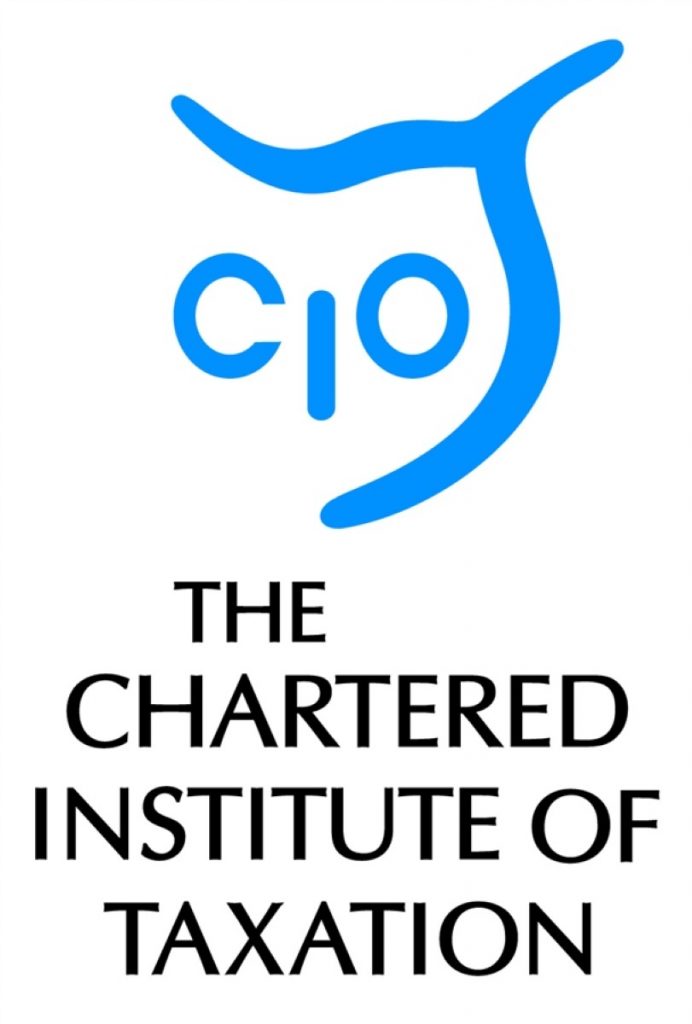New tax on multinationals will mean additional compliance, but have limited impact on tax bills
The Government’s latest measure to combat tax avoidance by multinational companies – the Diverted Profits Tax – will add to companies’ compliance burdens but have a relatively limited impact on the tax they pay, according to tax advisers.
Draft legislation for the new tax was published by the Government today.
Patrick Stevens, Tax Policy Director of the Chartered Institute of Taxation (CIOT), commented:
“International cooperation and global solutions are required to challenge tax avoidance across today’s global economy. That is why the work being carried out by the OECD to reach international agreement on these matters is so important. The CIOT supports the OECD’s work but we think it is important that the timing of the changes is carefully planned to ensure they are implemented at the same times as other countries to ensure the UK is not placed at a competitive disadvantage.
“The objectives of the new Diverted Profits Tax are reasonable but we are concerned that the UK Government may be developing a new tax in advance of agreement on new principles of transfer pricing and taxable presence – which is work that the G20/OECD expects to conclude in September 2015. The UK needs to be careful not to introduce a tax which might be in conflict with internationally-agreed principles and which gives businesses no opportunity to modify their approaches in line with those new principles.
“The draft legislation is aimed at a limited range of circumstances. It is structured in a way that potentially brings into scope a much larger number of transactions, but it then effectively aims to take ‘inoffensive’ cases out of the charge. This structuring will mean that a very large number of companies will need to be aware of the legislation and be able to demonstrate that they do not fall inside it, which will add to their compliance cost. This will include some UK-based multinationals as well as those based in the US and elsewhere. It is a significant addition to HMRC’s armoury.
“The amounts the new tax is expected to raise are relatively modest – around £350 million a year. It looks like the Government expect its biggest impact to be changing companies’ behaviour rather than raising large sums in its own right.”
Notes for editors
1. The Chartered Institute of Taxation
The Chartered Institute of Taxation (CIOT) is the leading professional body in the United Kingdom concerned solely with taxation. The CIOT is an educational charity, promoting education and study of the administration and practice of taxation. One of our key aims is to work for a better, more efficient, tax system for all affected by it – taxpayers, their advisers and the authorities. The CIOT’s work covers all aspects of taxation, including direct and indirect taxes and duties. Through our Low Incomes Tax Reform Group (LITRG), the CIOT has a particular focus on improving the tax system, including tax credits and benefits, for the unrepresented taxpayer.
The CIOT draws on our members’ experience in private practice, commerce and industry, government and academia to improve tax administration and propose and explain how tax policy objectives can most effectively be achieved. We also link to, and draw on, similar leading professional tax bodies in other countries. The CIOT’s comments and recommendations on tax issues are made in line with our charitable objectives: we are politically neutral in our work.
The CIOT’s 17,000 members have the practising title of ‘Chartered Tax Adviser’ and the designatory letters ‘CTA’, to represent the leading tax qualification.
George Crozier
Head of External Relations
+44 (0)20 7340 0569
+44 (0)7740 477374





-01.png)